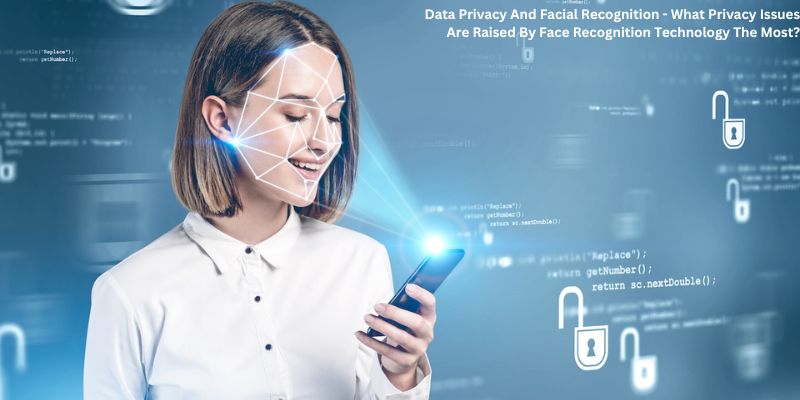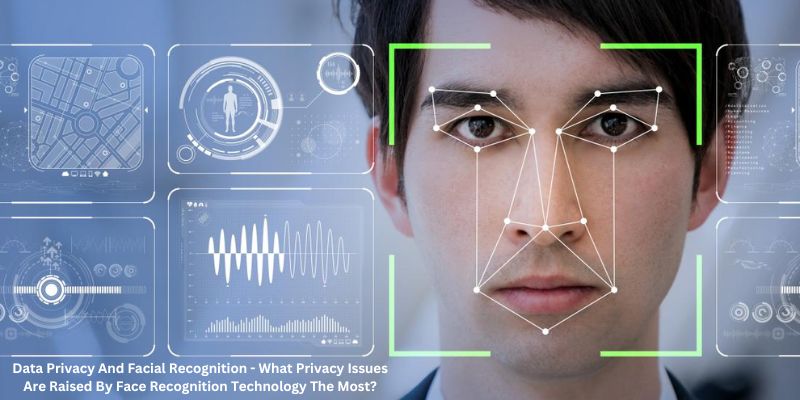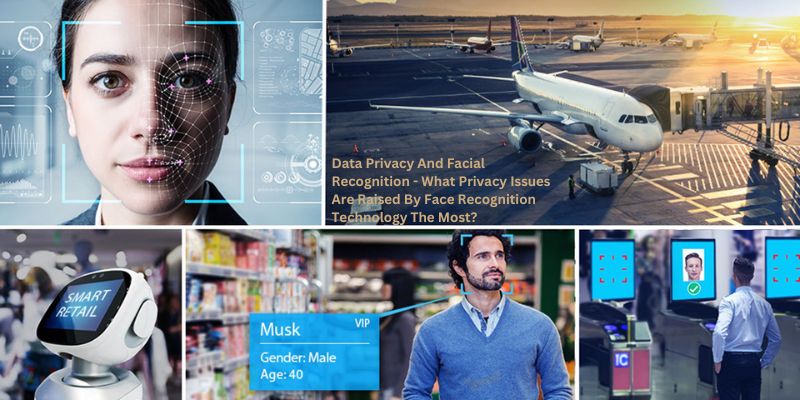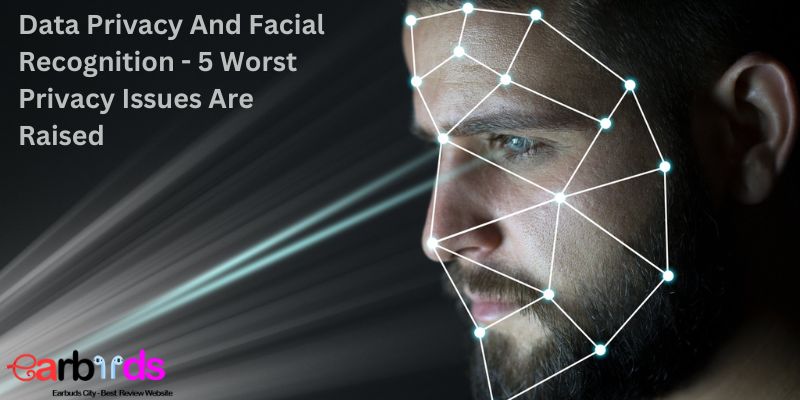Data Privacy And Facial Recognition – What Privacy Issues Are Raised By Face Recognition Technology The Most?

1. Data privacy and facial recognition – Incorrect data archiving.
Being recorded by cameras in public locations makes it very simple to capture facial photographs. The major issue is that no security mechanism is impenetrable. Consider a database that has your address or photo. A bad individual might exploit the database for identity theft, robbery, or harassment if it is breached and they gain access to it. For instance, stalkers might use images to do reverse image searches to discover personal details about a target, such as their address. Additionally, they could utilize your likeness to defraud others online while passing for you, leading the police to believe you are the one responsible.
Police departments, governments, as well as well-known websites and applications that save information on our faces or other biometric traits like our fingerprints, frequently employ biometric databases.
If you are interested in similar topics, you can also refer to Data Privacy And User Consent
2. Data privacy and facial recognition – Data misuse.
The findings of the survey show that this technology was susceptible to prejudice just like any other. Compared to women or other ethnic groups, white males are more easily recognized. Identifying women of color accounts for 35% of face recognition failures in 2018, compared to 1% for white men. Over time, training helped to lessen this prejudice, but it still exists and is very hard to totally remove.
3. Data privacy and facial recognition – Violation of personal privacy.

The application of face recognition technology is by nature obtrusive and invasive. As it is, data gathering is carried out without the knowledge or agreement of the subjects.
Being observed and videotaped without one’s knowledge or agreement is an obvious violation of one’s freedom and privacy. It eliminates the comfort of moving and acting without worry of being continually observed and surveilled. Being seen alters our behavior and has a negative impact on our wellbeing. Such a look may give off the impression that you are constantly being watched, which can increase stress and erode public confidence in the government. People may refrain from criticizing the government out of concern for their own safety and the safety of their loved ones if they believe their everyday contacts and discussions are being watched.
Another violation of the right to the assumption of innocence is the practice of monitoring persons on the grounds that they could later commit a crime. Someone may receive different treatment from law enforcement due to a hypothetical future guilt that cannot be established.
4. Data privacy and facial recognition – Restriction on the right to free speech and association.
The possibility that facial recognition technology will be used as a biometric tool for widespread mass monitoring raises concerns. The practice of surveillance, particularly during protests, stifles free speech and discourages political involvement, among other things. These devices are used to keep an eye on the populace and, in nations where criticizing the government is prohibited, to detain individuals who do so.
Similar to this, the right to privacy is compromised by the use of facial recognition technologies. Even in public, people expect some kind of privacy, and they do not anticipate having their faces associated with information about them that is publicly available online. Being identified at all times is harmful because technology makes it feasible to identify who individuals associate with and why.
5. Data privacy and facial recognition – Transparency is lacking.

In the EU, there is still not enough transparency around data collection, handling, and deletion; corporations or organizations are frequently sanctioned for failing to meet their duties to provide information. Even if they are recognized, it’s possible that the quantity of information gathered and its intended use may not be made public. Furthermore, if the data subject is not aware that the data exists, they are unable to access, modify, control, or delete it.
Because it gives you more control over how your data is processed, transparency is crucial. If that’s not the case, you can then complain to the appropriate authority. Without transparency, businesses may use your personal information anyway they see fit without notifying you, and customers are unaware of who has access to their biometric data or why. Individuals may be subjected to targeted advertisements, profiling, etc., or their data may be sold to a third party.




